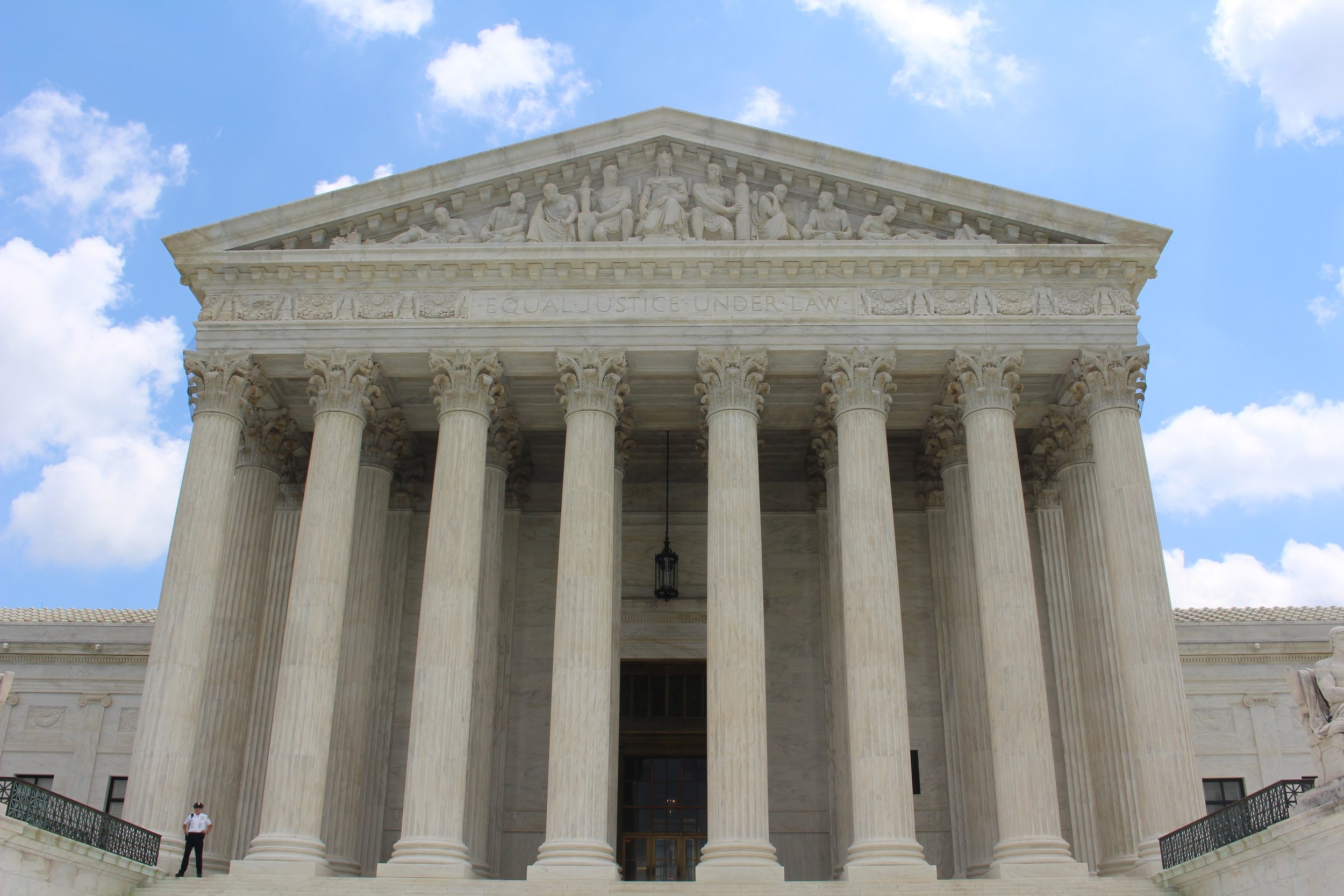Navigating Habeas Corpus with the Help of an Experienced Attorney
Navigating Habeas Corpus with the Help of an Experienced Attorney
Blog Article
The Intricacies of Declaring a Habeas Corpus Petition: An Overview for Looking For Post-Conviction Alleviation
Browsing the complexities of filing a habeas corpus request is a crucial action for people looking for post-conviction relief. As one of the most detailed lawful solutions readily available, recognizing the subtleties associated with this procedure can make a considerable difference in the result of an instance. From determining the premises for filing to meeting the rigid procedural requirements, each action requires precise attention to information and a comprehensive understanding of the lawful framework. By checking out the details of this essential legal tool, people can reveal possible methods for difficult sentences and eventually strive for fair end results.
Comprehending Habeas Corpus Requests
When looking for to understand habeas corpus applications, it is important to grasp the basic legal principles underlying this powerful legal treatment (Attorney). Habeas corpus, a Latin term meaning "you shall have the body," is a lawsuit that enables individuals to look for relief from unlawful apprehension or jail time. This centuries-old writ functions as a secure against approximate state action by giving a device for people to test the legality of their confinement
The cornerstone of a habeas corpus petition is the assertion that the petitioner's constitutional legal rights have actually been breached, causing their unlawful detention. This can include cases of due procedure infractions, ineffective aid of guidance, newly found proof, or perhaps jurisdictional errors. Habeas corpus requests usually arise in the context of criminal proceedings, where individuals challenge the legality of their convictions or the problems of their arrest.

Grounds for Filing
There are several lawful premises on which individuals may submit a habeas corpus application, each functioning as a basis for challenging the lawfulness of their apprehension. These premises generally consist of constitutional offenses, inadequate assistance of guidance, recently found proof, prosecutorial transgression, and jurisdictional problems.
Constitutional infractions create an usual basis for submitting a habeas corpus petition, encompassing claims such as infractions of the right to a fair trial, due procedure, or security versus vicious and uncommon penalty. Ineffective assistance of guidance insurance claims emerge when an offender's lawful representation during the trial or charm was so deficient that it threatens self-confidence in the end result. Freshly discovered evidence, if shown to be material and likely to alter the end result of the instance, can also warrant habeas relief. Prosecutorial misbehavior includes underhanded or prohibited conduct by the prosecution that bias the defendant's rights. Finally, jurisdictional issues might emerge when the court that convicted the individual did not have the authority to do so, supplying a basis for testing the apprehension with a habeas corpus request.
Procedural Demands
Comprehending the procedural needs for submitting a habeas corpus request is vital for making certain that the legal procedure is followed accurately and efficiently. One essential step-by-step demand is the fatigue of state remedies. This indicates that prior to a government court can take into consideration a habeas corpus petition, the petitioner should have initially presented the claims in state court and went after all offered opportunities of relief. Failing to wear down state treatments can cause the government court dismissing the application.
In addition, there are rigorous time frame for filing a habeas corpus petition. The Antiterrorism and Effective Execution Act (AEDPA) enforces an one-year law of constraints, beginning with the date on which the sentence came to be final. However, this due date can be based on particular exemptions based upon details conditions.
In addition, procedural demands mandate that a habeas corpus application have to consist of all pertinent claims and sustaining evidence. Insufficient or inadequate applications might be disregarded or delayed, emphasizing the relevance of extensive prep work and adherence to procedural rules in looking for post-conviction alleviation via habeas corpus.
Testing Convictions
Just how can individuals properly test sentences with the procedure of filing a habeas corpus request? Testing convictions via a habeas corpus request includes providing legal debates that demonstrate a violation of humans rights, step-by-step mistakes, or brand-new proof that was not readily available throughout the initial trial. To do well in challenging a sentence, petitioners need to show that there was a fundamental flaw in the criminal proceedings that resulted in a wrongful sentence or an unfair sentence. This can include inadequate support of counsel, prosecutorial misbehavior, freshly uncovered proof of innocence, or infractions of the petitioner's civil liberties. Lawyer.
When filing a habeas corpus request to challenge a sentence, it is crucial to abide by rigorous procedural demands, existing compelling lawful disagreements supported by evidence, and articulate just how the alleged mistakes impacted the justness of the trial. idhao federal habeas corpus attorneys. Seeking the assistance of knowledgeable legal specialists or organizations focusing on post-conviction relief can substantially enhance the chances of an effective end result when challenging convictions with a habeas corpus petition

Safeguarding Fair Outcomes
To accomplish fair results in difficult convictions through the filing of a habeas corpus request, people have to diligently assess the lawful basis for their claims and existing engaging proof sustaining their assertions. Protecting reasonable outcomes in post-conviction alleviation process needs a thorough understanding of the legal system, focus to detail, and strategic planning. It is important to have a clear method in place, outlining the particular grounds for the petition and how the here and now proof lines up with legal arguments.
In addition, people looking for post-conviction relief should follow all procedural needs and target dates to guarantee their application is considered by the court. Failure to meet these requirements might lead to the dismissal of the application without the qualities being evaluated. In addition, engaging the services of seasoned lawyers, such as attorneys specializing in habeas corpus petitions, can considerably boost the possibilities of protecting fair outcomes.
Final Thought
In final thought, the details of filing a habeas corpus request for looking for post-conviction alleviation entail recognizing the grounds for declaring, conference procedural demands, challenging sentences, and securing go to the website fair end results (new mexico habeas corpus attorneys). It is very important to meticulously browse the lawful procedure to make certain the best chance of success in seeking alleviation with this method. Comprehending the complexities of habeas corpus petitions is important for people seeking to test their convictions and acquire justice
Report this page